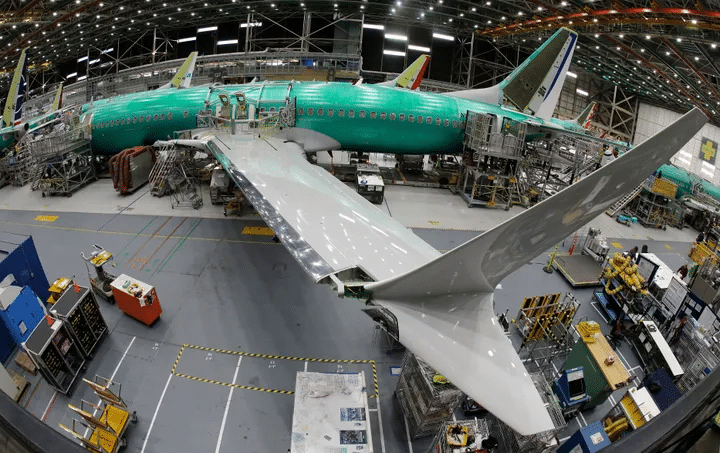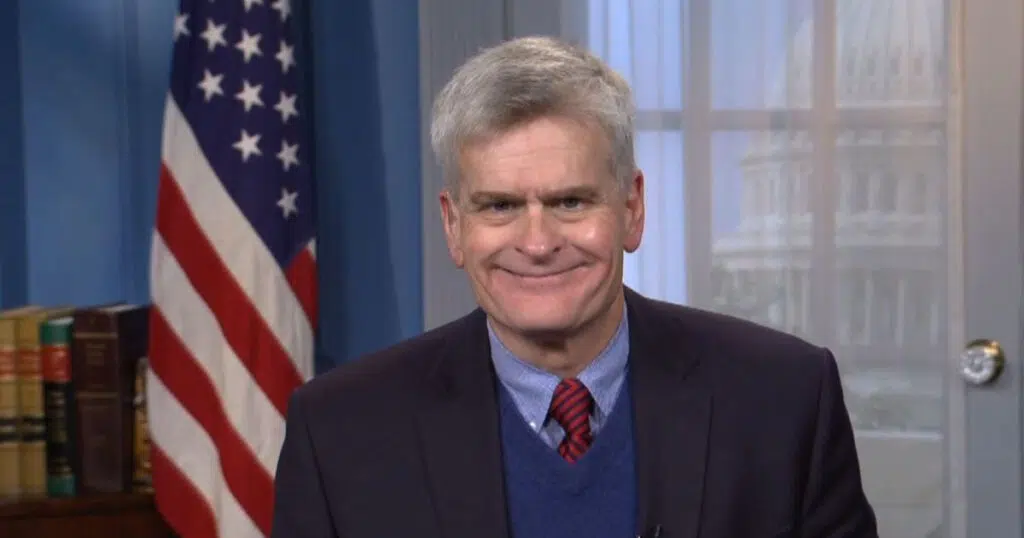
Boeing Whistleblower Dead At 45, Second To Die In 2 Months
On March 9th, 62-year-old John Barnett was found deceased. According to the Charleston County Coroner’s office, Barnett had died from what appeared to be a self-inflicted gunshot wound. Before his death, he was involved in a lawsuit against his former employer, Boeing, over his being discharged in March of 2017. Barnett sought damages, including back pay, lost benefits, and emotional distress.
According to his attorney, the Boeing whistleblower claimed a manager at his former company spied on him, and that he was “harassed, denigrated, and humiliated” for raising concerns about quality control issues. A redacted copy of the lawsuit that was obtained by WCSC-TV in Charleston read:
“John M. Barnett, a long-term Boeing Quality Manager, alleges that throughout his seven-year tenure at Boeing South Carolina (BSC), he made numerous ethics complaints about a deep-rooted and persistent culture of concealment at BSC in which he and other quality personnel were pressured by Boeing upper management to violate Federal Aviation Administration Standards and Regulations, as well as Boeing’s processes and procedures by not properly documenting and remedying defects.”
The lawsuit alleges:
“Barnett refused to bend to the pressure and continually raised issues that needed to be properly documented and addressed. In retaliation for his complaints and identifying issues that needed to be properly documented and addressed, Barnett was given low-Performance Management scores, was separated from his team and moved to other areas in the plant, and blacklisted and blocked from transferring to other Boeing divisions outside of BSC.”
“In addition, he was subjected to a gaslighting campaign in which he was harassed, denigrated, humiliated, and treated with scorn and contempt by upper management, which was calculated to discourage him and others from raising such issues and complying with the law. Based on the totality of the circumstances, such conduct amounted to a hostile work environment, and it led to Barnett’s constructive discharge.”
The lawsuit was filed with the U.S. Department of Labor in 2017 after Barnett was notified of an email on a supervisor’s desk titled “Quality Managers to get rid of,” which listed him as the number one name on a list of 49 individuals. The lawsuit further alleges that in 2012, a supervisor “began pushing Barnett to work outside the proper procedures” and when he emailed another supervisor to complain, that person “told Barnett orally that he did not believe him” and “no investigation was conducted” into the matter.
The lawsuit described how Barnett “complained many times about how parts were being stolen from one airplane and installed on an incomplete airplane with no documentation, traceability or engineering review” and how, in June 2014, he submitted a complaint about another manager spying on him.
The Federal Aviation Administration reviewed Boeing in 2017, corroborated some of Barnett’s allegations, and ordered the company to take action.
This week, a second Boeing whistleblower died suddenly and unexpectedly. Joshua Dean, a quality inspector for the Boeing supplier Spirit AeroSystems, died after a sudden infection left him in critical condition for days.
According to his family, Dean passed away because of Methicillin-resistant Staphylococcus aureus, an antibiotic-resistant staph infection commonly known as MRSA. His aunt, Carol Parsons, told the Seattle Times, who was the first to report his death.
Dean lost his job at Boeing in 2023 and filed a lawsuit with federal labor officials, claiming he was only fired for speaking out. Dean had given a deposition in connection with a shareholder lawsuit after reporting faults in components of Boeing’s 737 MAX plane, a model linked to a number of catastrophes in recent years.
Dean was represented by the same law firm that represented John Barnett. His lawyers, Brian Knowles and Rob Turkewitz told Fox News Digital on Thursday that:
“Our thoughts and prayers are with Josh and his family. Josh’s passing is a loss to the aviation community and the flying public. He possessed tremendous courage to stand up for what he felt was true and right and raised quality and safety issues.”
“Aviation companies should encourage and incentivize those that do raise these concerns,” the lawyers said. “Otherwise, safety and quality are truly not these companies’ top priorities.”
Boeing’s CEO, Dave Calhoun, will step down at the end of the year. Other executives, including the head of the 737 Max program and board members, are also leaving the company amid the fallout.
Clearly, something is wrong with Boeing’s safety and maintenance procedures. The maintenance people at the individual airlines can’t be responsible for checking every nut and bolt on every airplane after every flight.
According to Boeing, the 737 series of aircraft has a lifespan of 90,000 flight cycles or 55,000 flight hours, whichever comes first. This is equivalent to around 30 years for passenger transport and 20 years as cargo planes. With that lengthy of a lifestyle, there are certain things on every plane that are solely Boeing’s responsibility.
We know that the airline industry is now prioritizing DEI hiring. Safety in air travel must be job number one. So, if any of these failures can be traced back to DEI hiring, that requirement must be eliminated immediately. Otherwise, the industry may never recover the public’s trust.



